Talk Overview
In this talk titled “African Genomics: Human Evolution,” Sarah Tishkoff begins with an overview of the evolution of modern humans and their migration out of Africa. She explains how and why population geneticists study both nuclear and mitochondrial DNA and how DNA comparisons have allowed scientists to determine when distinct hominid groups diverged and when and where these populations migrated across the globe.
In Part 2, Tishkoff moves to the study of genetic diversity in present day African and African America populations. Genetic variation is higher in Africans than in Europeans or Asians, a result of the evolutionary history of humans. Patterns of diversity at specific genetic loci provide insight into the migrations and mixing of specific linguistic groups within Africa, as well as information about the ancestry of African Americans.
In the final part of her talk, Tishkoff describes two examples of natural selection in humans. She and her colleagues identified 3 novel genetic variants associated with the ability of some African pastoralists to digest lactose. Using high coverage genome sequencing, Tishkoff also identified a candidate chromosomal region associated with short stature in Pygmies. Interestingly, this same region showed enrichment for genes involved in pituitary function such as metabolism and immunity. These results suggest that adaptation to local environments may result in region specific genetic adaptation.
Speaker Bio
Sarah Tishkoff

Sarah Tishkoff studied anthropology and genetics as an undergraduate at the University of California, Berkeley. She received her PhD in genetics from Yale University and was a post-doctoral fellow at Pennsylvania State University. From 2000-2007, she was a faculty member in the Department of Biology at the University of Maryland. Currently, Dr. Tishkoff is the… Continue Reading
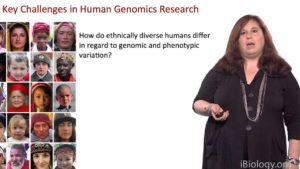
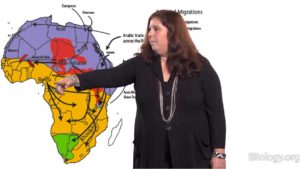
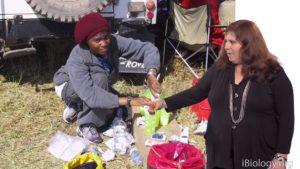

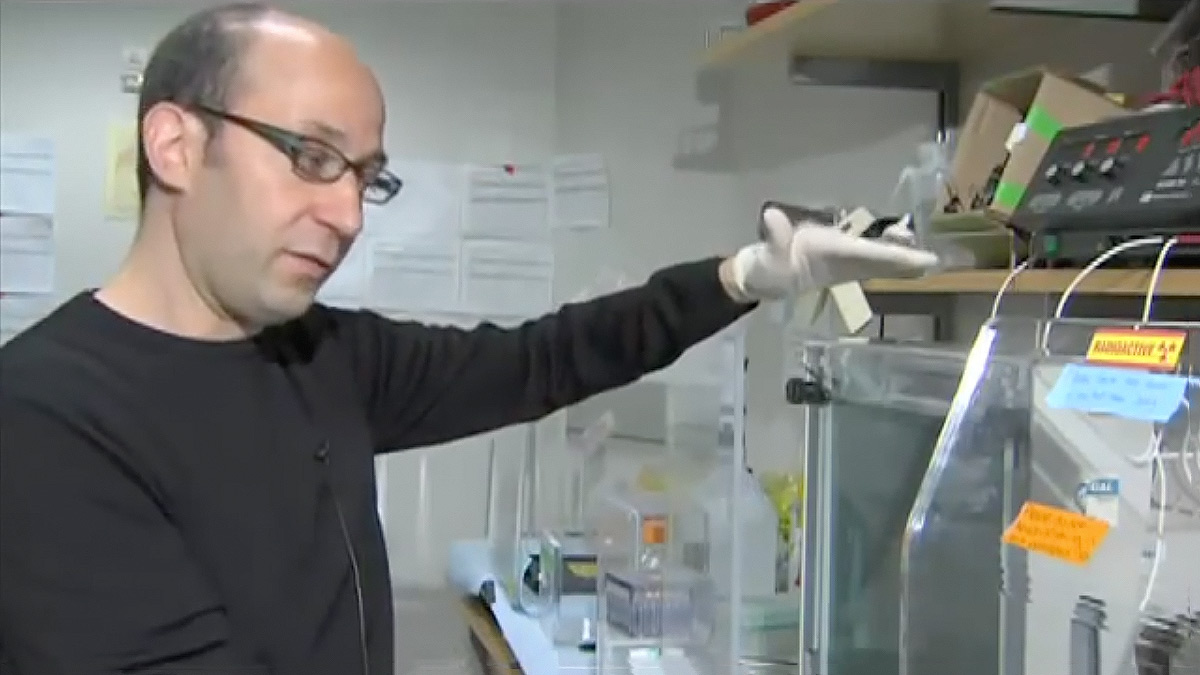
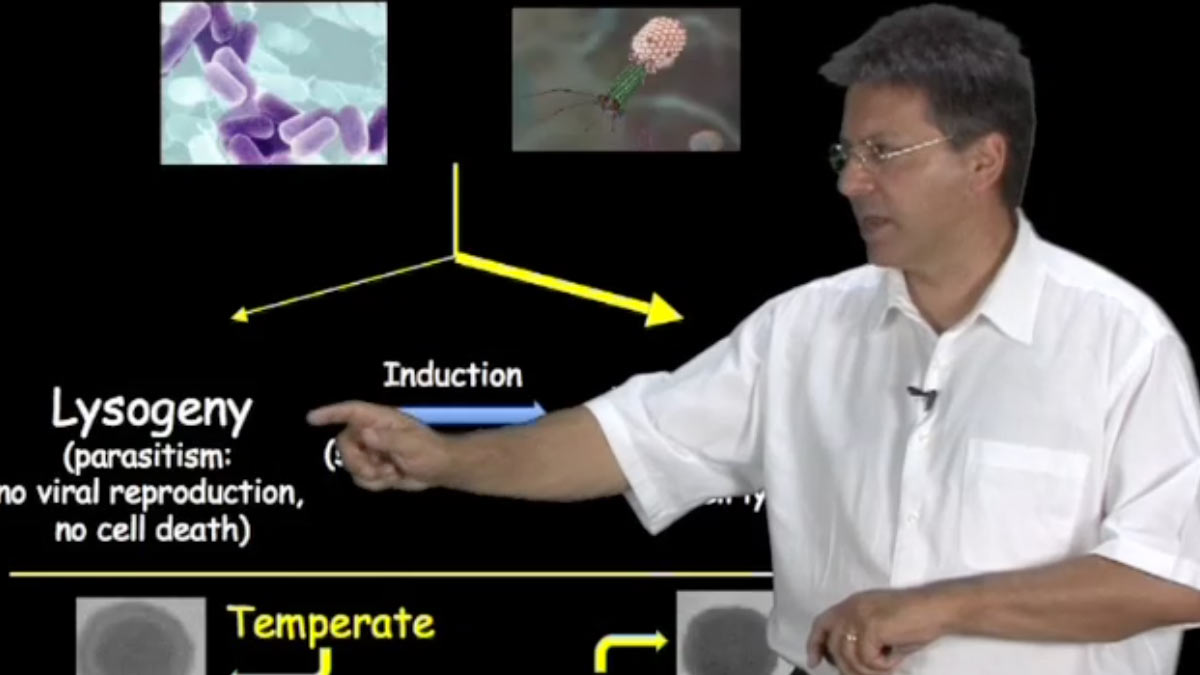
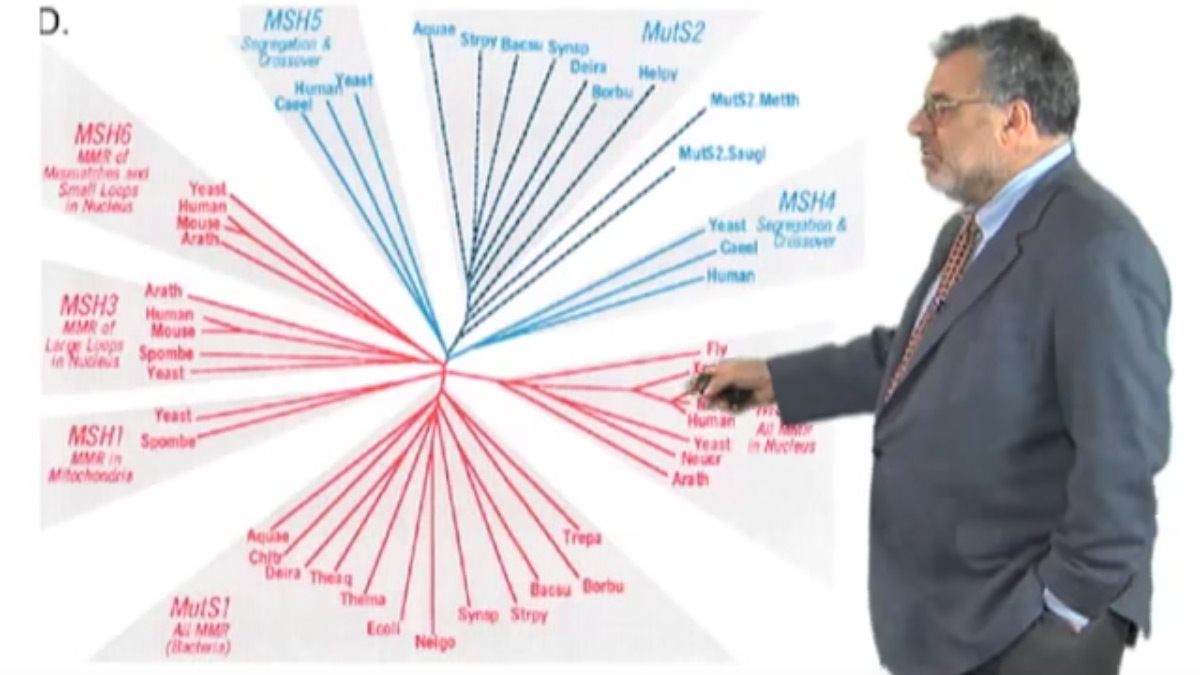





Leave a Reply